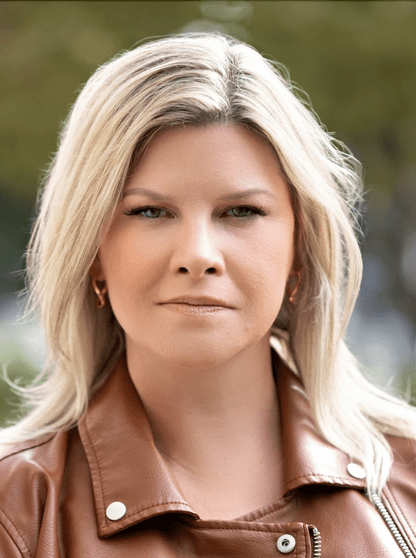The Takeaways from Tim Houston’s Nova Scotia Sweep

By Lori Turnbull
November 28, 2024
Nova Scotia Premier Tim Houston won big this week. His Progressive Conservatives won 43 of the provincial legislature’s 55 seats. The decisive win is obviously the big story. Here are four compelling and important narratives that risk getting lost in the shuffle.
Nova Scotia’s three-party system is over, at least for now.
Historically, the Liberals and the Progressive Conservatives took turns forming government, and the New Democrats have been a distant third place. Even when political powerhouse Alexa McDonough was leader, they managed to win only three seats. But in 1998, the NDP changed the political landscape by winning 19 seats, tying with the incumbent Liberals at the time. They formed government in 2009 for a single term and, to be truthful, have never quite regained the momentum that they had under Robert Chisholm’s leadership in the late 1990s. But they’ve never slipped lower than 20% of the popular vote, which makes them a player. Nova Scotia has had a robust three-party system for just over 25 years.
This week’s Nova Scotia election has resulted in a return to the more typical two-party system, but it’s not the New Democrats that have collapsed. It’s the Liberals. They lost all but two seats. Leader Zach Churchill lost by 14 votes. It’s a nightmare come true for the Liberals. The only silver lining is that they now have the runway required for deep soul-searching and renewal.
The New Democrats’ candidate selection strategy paid off.
The NDP made a strategic decision to devote their resources to the ridings they had a realistic shot at winning. In ridings that they concluded were lost causes, they ran candidates simply just to have a name on the ballot. These candidates were often from other ridings – mostly from downtown Halifax – and did not launch meaningful campaigns. This strategy drew the ire of some observers who felt it important for political parties to contest every riding in earnest and to find candidates who live in the ridings they are running in. However, the strategic allocation of resources, including the leader’s time, resulted in three more seats for the New Democrats and a rise to official opposition status. The federal New Democrats might see a lesson here.
The PCs didn’t get everything they wanted.
Premier Tim Houston called this election almost a year earlier than the scheduled date of July 2025. He justified it, or tried to, by arguing that he needed a stronger mandate to negotiate with Ottawa. To be clear, there was nothing wrong with the mandate he had before. But the early election allowed him to run against Prime Minister Justin Trudeau, the least popular politician in the country and the sponge that absorbs people’s frustrations. Running with Pierre Poilievre in the Prime Minister’s Office would have been high risk for Houston and would likely not have yielded the supermajority that he won in this election.
Despite the decisive victory, the Progressive Conservatives had a few disappointments on election night. Two seats in particular – Halifax Citadel – Sable Island, and Cape Breton – Whitney Pier – stayed with the NDP even though the PCs recruited high profile, experienced candidates in both ridings. This suggests that the NDP has staying power and that the party’s performance is not simply attributable to the Liberals’ collapse.
Civility in politics is still possible.
We are living in a time of polarization in politics. It is normal for opponents to cast one another as enemies. Personal attacks are so common that we barely notice them anymore. But, the Nova Scotia leaders’ speeches were devoid of wedge rhetoric and toxicity. Churchill accepted responsibility for his party’s disastrous results, acknowledging “sometimes you lose” and congratulating his opponents. Premier Houston’s victory speech could genuinely be described as unifying. He said it is the honour of his life to “serve every Nova Scotian” – even those who did not vote for him. We’ll see whether the parties retain this civility when the House of Assembly resumes but, for now, it is useful to observe the tone of the leaders’ speeches as a substantial departure from the charged-up, divisive rhetoric that we hear in many exchanges between politicians these days. It is possible to do better.
Despite the heft of Houston’s win, the real challenge will be when (if) Pierre Poilievre becomes prime minister. Houston has been able to carve out a territory for himself as a pragmatic red tory who can be a premier for everyone. A Poilievre victory could create an awkward juxtaposition between two very different conservatives. On the other hand, though Houston has strained himself to create distance from Poilievre, the federal Conservatives stand to do very well in Nova Scotia. The most likely outcome is that they both win big in Nova Scotia while Justin Trudeau takes the blame for everything. Time will tell as to whether Houston and Poilievre will find anything more in the way of common ground.
Policy Columnist Lori Turnbull is a professor in the Faculty of Management at Dalhousie University.
